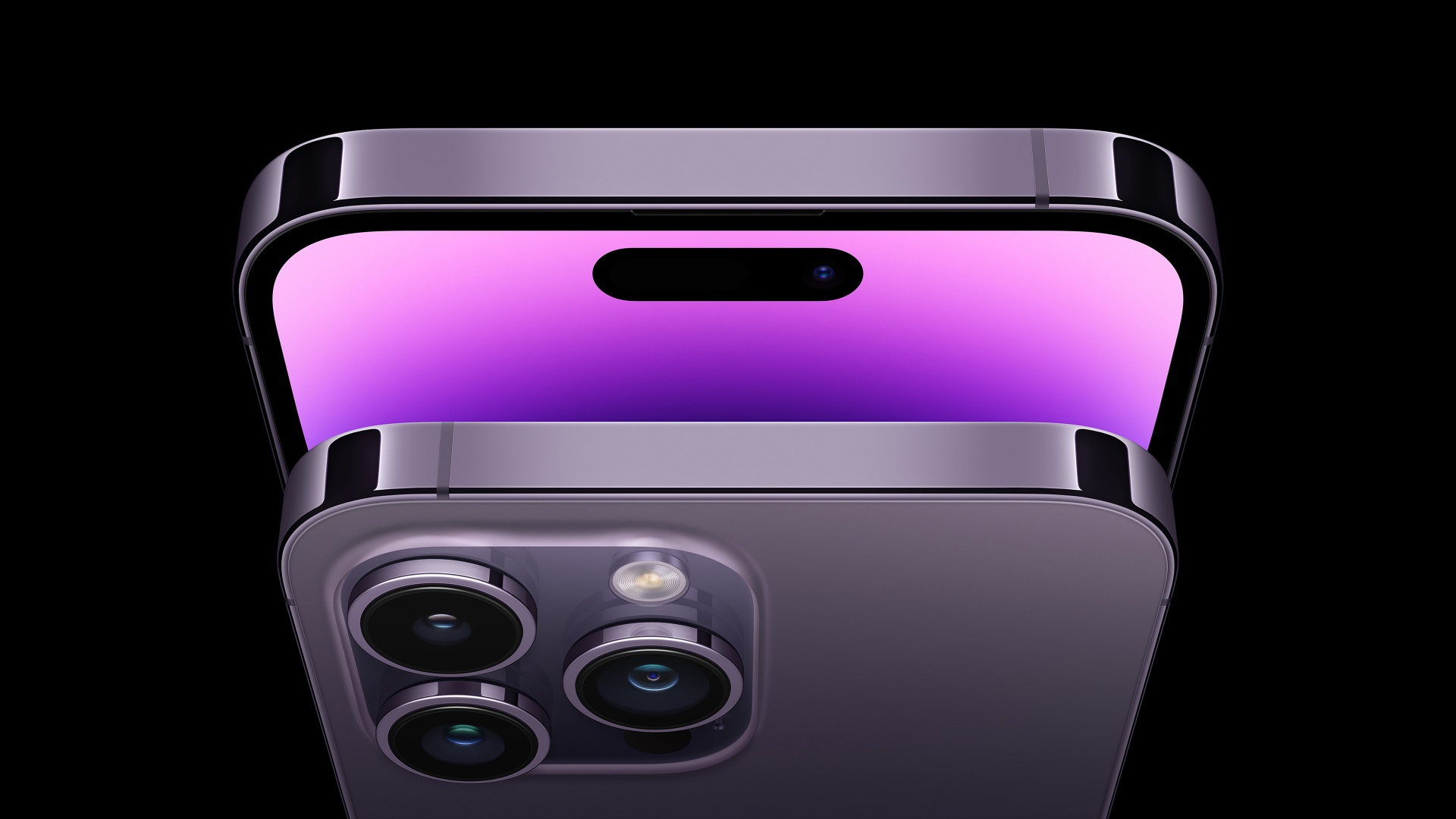- Regulators in the EU passed new legislation forcing phone makers to have USB Type-C as the default port on devices from 2024.
- Apple has vehemently opposed the decision but has had to acquiesce.
- The company has confirmed that a future iPhone will feature USB Type-C but has not mentioned if it is the next one.
For all its protestations, Apple will soon have to bend the knee when it comes to USB Type-C ports on its future iPhone devices. This as regulators in the EU passed a law making Type-C the de facto port on smartphones from 2024.
While it remains to be seen when it will happen, this year, next year or in 2024, Apple has confirmed it will indeed be adopting USB Type-C.
The confirmation comes via Greg Joswiak, Apple’s SVP of Worldwide Marketing and another SVP in Craig Federighi, who spoke to the Wall Street Journal’s Joanna Stren in a video interview, where the topic was brought up and addressed.
Apple will soon have to acquiesce, but the comments from the SVPs show that the company is not a fan of being forced to comply with regulators. Here, for example, Joswiak pointed out the fact that the Lightning cable, which is the current standard on iPhone, is the joint most-used charging port on mobile devices alongside Type-C.
He adds that more than one billion people use a Lightning port in some guise and that Apple has tried to strike a balance across its devices when it comes to the charging port options on offer.
While we have to acknowledge his point, as certain models of MacBook and iPad use Type-C, not having a standard across the board does create some issues for consumers, which is part of the reason why the EU passed its aforementioned law.
As for when USB Type-C will make its way to iPhone, reports earlier this month via 9to5Mac seem to suggest that next year’s iPhone 15 will sport the new standard. It remains to be seen if that will indeed be the case, as Apple does have until 2024 to comply with regulations.
It will also be interesting to see whether this will be for models sold in the EU alone.

